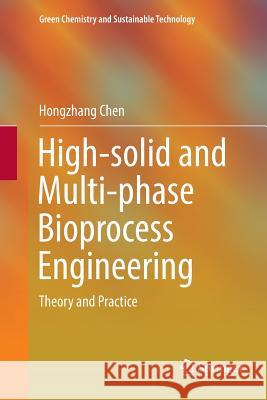High-Solid and Multi-Phase Bioprocess Engineering: Theory and Practice » książka
topmenu
High-Solid and Multi-Phase Bioprocess Engineering: Theory and Practice
ISBN-13: 9789811338816 / Angielski / Miękka / 2019 / 359 str.
Kategorie:
Kategorie BISAC:
Wydawca:
Springer
Seria wydawnicza:
Język:
Angielski
ISBN-13:
9789811338816
Rok wydania:
2019
Wydanie:
Softcover Repri
Numer serii:
000475393
Ilość stron:
359
Waga:
0.52 kg
Wymiary:
23.39 x 15.6 x 1.96
Oprawa:
Miękka
Wolumenów:
01
Dodatkowe informacje:
Wydanie ilustrowane











